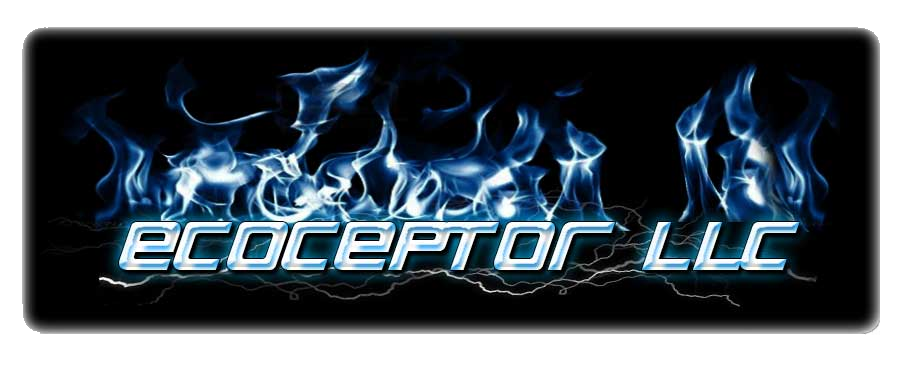Effect of Hydrogen Enriched Hydrocarbon Combustion on Emissions and Performance
The principle of this mode of combustion is to add a percentage of hydrogen gas to the combustion reactions of either compression or spark ignition engines. The addition of hydrogen has been shown to decrease the formation of NOx, CO and unburned hydrocarbons. Studies have shown that adding hydrogen in percentages as low as 5-10% percent of the hydrocarbon fuel can reduce that hydrocarbon fuel consumption. The theory behind this concept is that the addition of hydrogen can extend the lean operation limit, improve the lean burn ability, and decrease burn duration.
To apply this method to an engine a source of hydrogen is needed. At this time the simplest option would be to carry a tank of hydrogen. Research is being conducted to allow the hydrogen to be reformed from the vehicles hydrocarbon fuel supply or produce hydrogen, on-board the vehicle from electrolysis of water. In the future, better methods could be developed for storing hydrogen in the vehicle or production of hydrogen on-board the vehicle.
| Attachment | Size |
|---|---|
| 545.02 KB |
